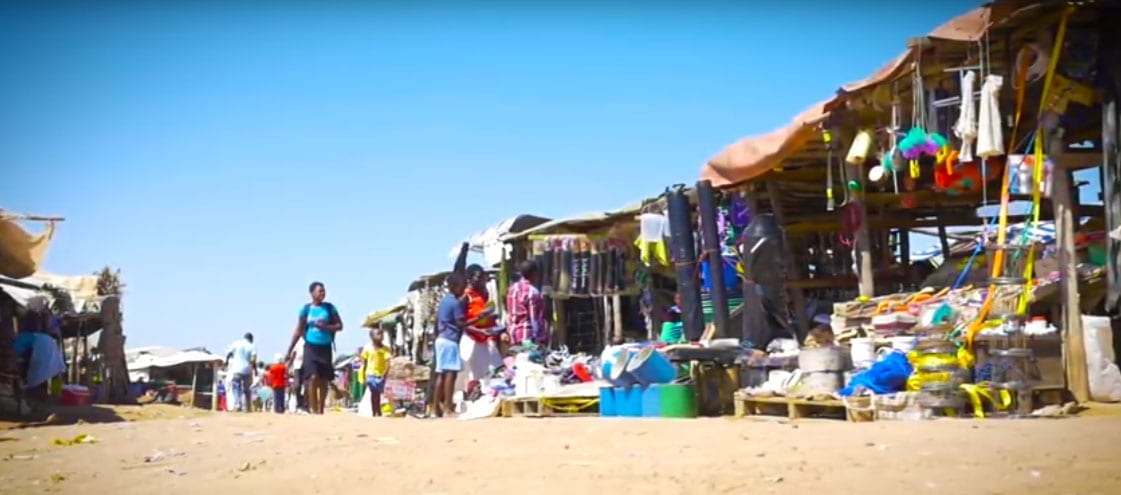In Binga, a small community 400 miles west of Harare, Zimbabwe’s capital, residents support themselves and their families fishing the vast Lake Kariba. With no industry in the area, they depend on the lake for their livelihoods. Yet they say they face constant challenges in making a living—the biggest of which is harassment from officials.

“We are oppressed by the … authorities. Our fish are confiscated”—Alice Mudenda, a fisher in Binga Credit: ZCIEA
“We are oppressed by the … authorities,” says Alice Mudenda, a fisher in Binga. “Our fish are confiscated by either the police, rural district council or National Parks officials under unclear circumstances.”
Binga fishers must have a license to fish—yet it only can be obtained in Harare, an eight-hour journey, and the cost, up to $2,000 every three months, is well beyond their means.
Some 94 percent of Zimbabwe workers make their living outside the formal economy, and yet like Mudenda, they say they are harassed and bullied by authorities, according to a survey by the Zimbabwe Chamber of Informal Economy Associations (ZCIEA), a Solidarity Center ally.
81% of Zimbabwe Informal Economy Workers Bullied or Threatened
Eighty-one percent of the 514 respondents say they have been bullied, with 22 percent specifying that the harassment involved both confiscation of goods and threats of violence.
Some 36 percent noted the source of harassment stemmed both from the local authorities and the Zimbabwe Republic Police, the national police force of Zimbabwe, with 32 percent citing local authorities as the biggest source of harassment.
The ZCIEA survey also found widespread fear and distrust of law enforcement officers, with 82 percent of respondents saying they had not reported their harassment to police because police are the harassers (46 percent) or they fear police (17 percent).
Market Vendor Law Targets Livelihoods
In June, the Zimbabwe government introduced a statutory law that bans imports of basic commodities—a law that directly affects hundreds of thousands of informal economy workers who survive on cross-border trading. Merchants in towns like Beitbridge, which borders South Africa, reported plummeting sales after the law’s passage.
Tens of thousands of market vendors protested the new law, joined by civil servants outraged over the government’s refusal to pay their salaries, holding a successful one-day shut-down of businesses, government and services July 6.
The survey covered 25 areas across the country, with 53 percent of respondents women and 40 percent men (7 percent did not answer). The majority are between ages 35 and 44 (35 percent), followed by 25–34 years (27 percent) and 45–54 years (16 percent).
ZCIEA was formed in 2004, when the Zimbabwe Congress of Trade Unions (ZCTU)/Commonwealth Trade Union Council (CTUC) project began working with 22 trader associations to launch an umbrella organization to better coordinate efforts.
ZCIEA, with 198,466 registered members, offers training and legal support, along with legislative advocacy. In the report, the association points to the need to address the widespread harassment of informal economy workers by developing programs that further empower members, including workshops on legal rights and representation and preventing sexual harassment.

